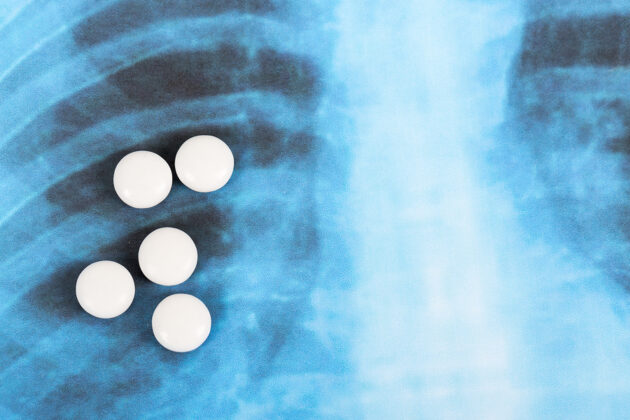


The University of Washington School of Medication is looking for people who have tested positive for COVID-19 to take part in a medical trial aimed at discovering whether a questionable drug called hydroxychloroquine can keep them from needing to be hospitalized.
Word of UW Medication’s clinical trial comes after reports about a research study at Veterans Health Administration medical centers in which COVID-19 patients who took hydroxychloroquine, which is normally used to deal with malaria and autoimmune illness, died at higher rates than those who didn’t take the drug.
Today, the Food and Drug Administration warned that hydroxychloroquine brings “known threats” of possibly lethal heart complications– and said the drug needs to be used in monitored settings such as scientific trials, where the dangers can be better studied and mitigated.
The Department of Veterans Affairs’ research study included clients who were being hospitalized for COVID-19
” We are recruiting patients with just recently diagnosed COVID infection and intend to reveal whether early treatment can keep them from needing to be admitted to the medical facility,” co-principal private investigator Christine Johnston, an associate professor of medicine at UW, said today in a news release. ” We are studying whether the early treatment of COVID-19 avoids viral pneumonia and also seeing if the medications decrease viral shedding, which could have a potential advantage of lowered transmission of COVID-19″
The trial will determine the efficiency of hydroxychloroquine along with a mix of the drug with azithromycin, an antibiotic.
2 cohorts of outpatients will be registered in the trial, in high-risk and low-risk categories. Clients who are older than 60 or have hidden conditions such as diabetes, high blood pressure, weight problems or lung issues are considered high-risk. Patients who are aged 18 through 59 without such conditions are thought about low-risk.
Coronavirus Live Updates: The most recent COVID-19 developments in Seattle and the world of tech
More than 600 patients in all will be registered at sites across the country, including UW in addition to medical centers in Boston, New Orleans, Chicago and Syracuse, N.Y.
The study will measure nasal viral shedding by asking study individuals to collect daily nasal swabs for 14 days. Participants will also have their heart rhythm monitored to warn of any cardiac toxicity.
The viral shedding pattern will be compared in between the various treatments. If a treatment causes quicker clearance of viral shedding, it could theoretically decrease the threat of passing the infection on to others.
If another medication comes along that looks promising, the trial can test that also, Johnston said.
The $5.8 million trial is moneyed by the COVID-19 Rehab Accelerator, an initiative released by the Bill & Melinda Gates Structure, Wellcome and Mastercard, with support from a variety of public and humanitarian donors.
Results from the trial are expected by July.
” This strenuous trial will quickly provide the answer whether hydroxychloroquine with or without azithromycin works and safe, or whether we ought to proceed to other possible therapies,” stated co-principal investigator Jared Baeten, a teacher of international health at UW.
The research study is teaming with another hydroxychloroquine trial being led by UW Medication in partnership with New york city University to determine whether the drug can avoid transmission in individuals exposed to the infection. That trial is also getting funding from the COVID-19 Therapy Accelerator.
To find out more about the scientific trial, consisting of how to register, take a look at the COVID-19 Treatment Study home page.

